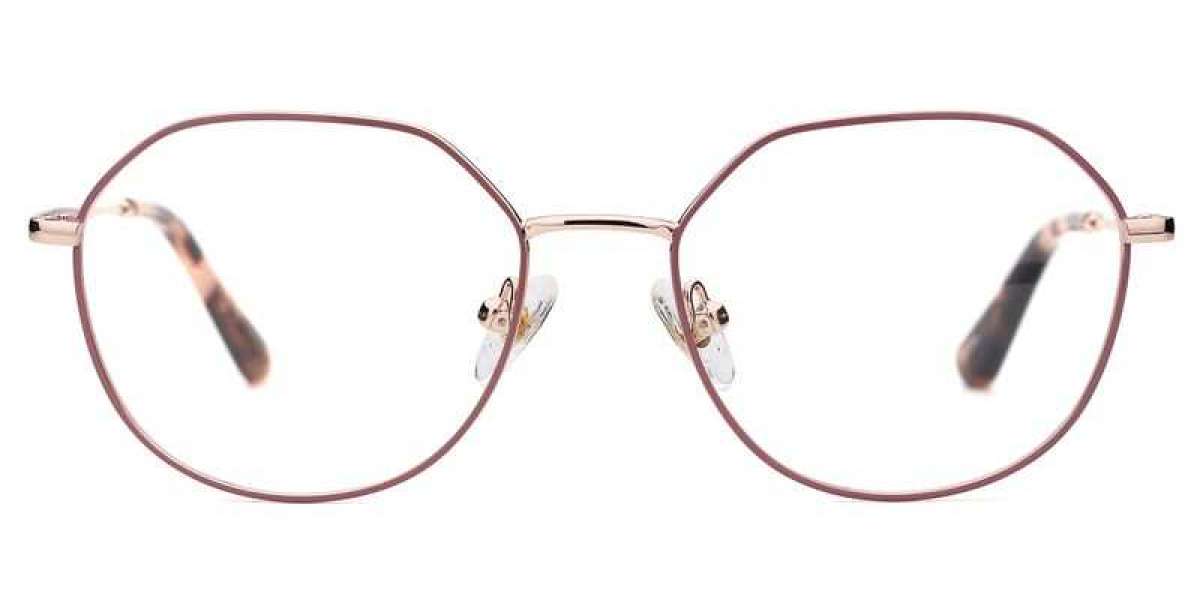How can children accept wearing prescription glasses? Most parents have this question, especially parents of infants and toddlers. In fact, most infants and young children who need glasses will be willing to accept prescription glasses because of the significant differences in vision before and after wearing glasses. At first, some children may refuse to wear glasses, which requires active guidance from parents.
If children are not cooperative, doctors sometimes need to prescribe eye medication to help children adapt to their glasses. Toddlers may only accept wearing glasses when they are in a good mood, and refuse to wear glasses (and all other activities) when they are in a bad mood. It is also important for experienced optometrists to help you choose the right glasses frames for your glasses. The frame should ensure that both eyes are centered in the lens and comfortable to wear. The size of the frame should be suitable for the current situation of the child, rather than considering that it will be more suitable in a year or two. Resin based lenses provide the best protection because they do not break. Many children's glasses come with soft and comfortable shelves that surround the ears.
School-age children and their parents can consider whether they must wear glasses. Some children have less refractive errors and do not need to wear glasses, while others complain that they cannot see clearly while sitting in the classroom. Most children with dyslexia do not need to wear glasses, and these conditions can be judged based on a complete ophthalmic examination.





